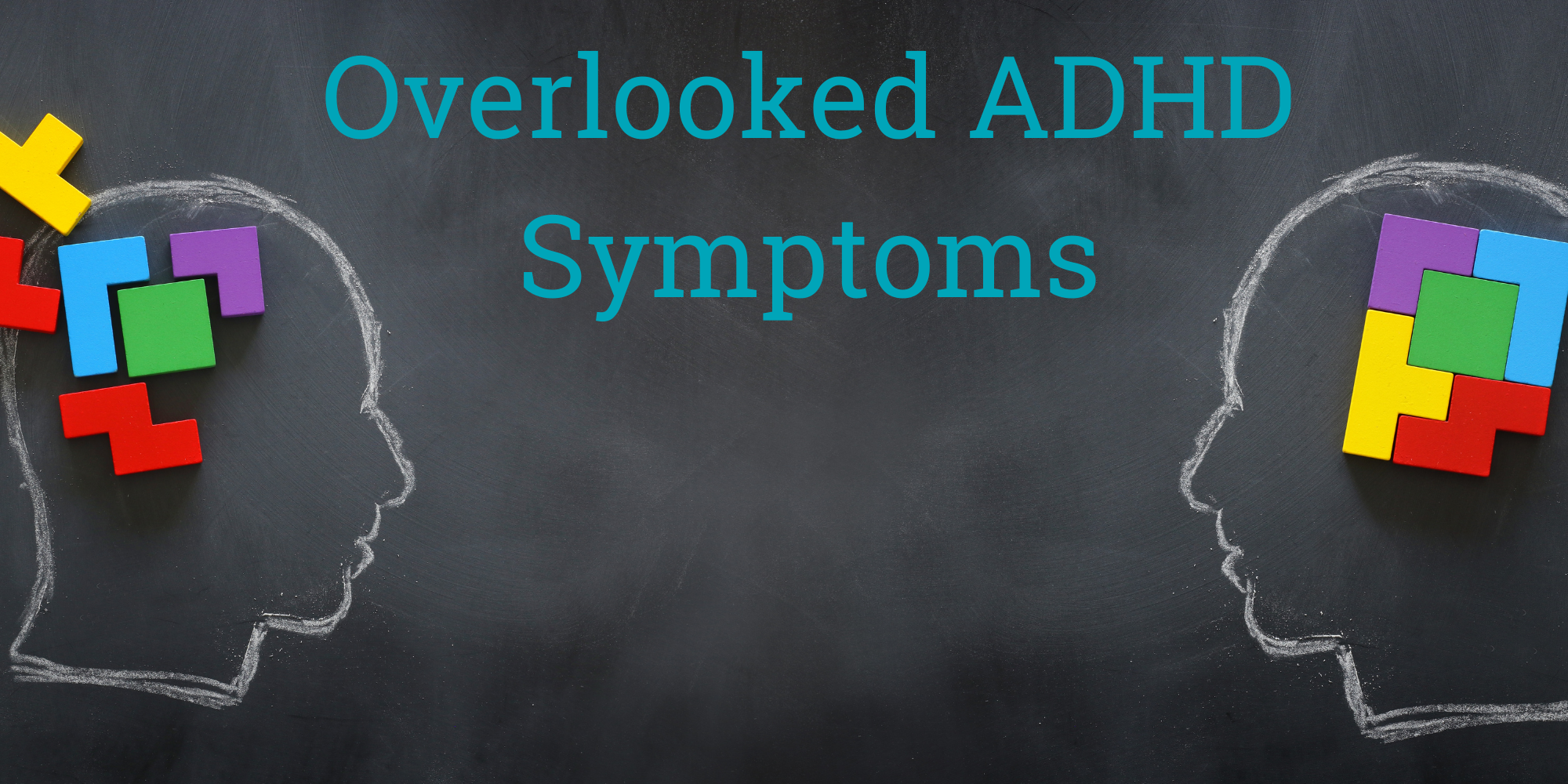
Three Often Overlooked Symptoms of ADHD
Some symptoms of ADHD are well-known: hyperactivity, fidgeting, and difficulty paying attention to details. However, these are far from the only signs and symptoms of ADHD.
According to the Diagnostic and Statistical Manual of Mental Disorders (AKA the DSM-5), there are 18 diagnostic criteria that must be met before someone is diagnosed with ADHD. Despite this, it’s sometimes difficult to recognize the signs of ADHD in yourself (or your child).
In this blog, we cover three often overlooked symptoms of ADHD, including:
- Hyperfocus
- Emotional dysregulation and emotional hyperarousal
- Rejection sensitivity
[Self Test: ADHD Quiz: Is Undiagnosed ADHD Affecting Your Child?]
1. Hyperfocus
The name “attention deficit hyperactivity disorder” can be misleading. It sounds like there is a deficit (lack) of attention. To some degree, that is true. Inattention and lack of focus are hallmark signs of ADHD, but that doesn’t mean you never can focus on anything. ADHD is an interest-based nervous system.
So, what does that mean?
ADHD doesn’t cause a lack of attention; rather it causes inconsistent attention.
This means that your child might struggle to pay attention in history class, but “get in the zone” while exploring music theory.
“Getting in the zone” is often referred to as hyperfocus. Hyperfocus is an intense concentration that focuses on one subject/task. During this period of hyperfocus, you might feel like you can accomplish anything related to this task, and you might completely lose all sense of time.
Hyperfocus is not externally driven. For example, a teacher assigning a project won’t trigger a hyperfocus. Instead, hyperfocus is created by an internal interest in the subject. You might experience an intense urgency to complete X, Y, Z.
Do you struggle with hyperfocus?
Because ADHD is a an interest-based nervous system is interest-based (and not priority based), this can cause problems in completing necessary projects at work or school. You might feel compelled to stay up until you finish an interest-based project, while letting a required project sit unfinished.
You might struggle with hyperfocus if:
- You struggle to pay attention to things that don’t interest you
- You have no problem focusing on things that do interest you
- You lose track of time while focusing on your preferred topics
- You miss deadlines for work or school because hyperfocus sessions
Living with an interest-based nervous system
Here at Next Step 4 ADHD, we approach ADHD treatments holistically. Our multidisciplinary treatment plans may involve:
- ADHD medication
- Skills and strategies that help you engage topics on demand
- Therapy
Planning and organization is a skill set that can be particularly useful. (Coaching can help you develop this skill set!)
2. Emotional Dysregulation and Emotional Hyperarousal
ADHD can make it harder for some individuals to regulate feelings or emotions. This includes sadness, anger, and anxiety. As a result, children or adults with unmanaged ADHD are more prone to experience extremely emotional reactions that may not match the trigger. For instance, a child may throw a temper tantrum when snack time is over. The inability to regulate your emotions is called emotion dysregulation.
Emotional hyperarousal refers to experiencing emotions more intensely.
Managing Emotional Dysregulation
You can develop skills that help you identify your emotions and manage them appropriately. Learn more about emotional dysregulation in this blog.
3. Rejection Sensitivity
“Attention deficit hyperactivity disorder (ADHD) makes it harder to focus, pay attention, and sit still. Most people who have ADHD are also very sensitive to what other people think or say about them. This is sometimes called rejection sensitive dysphoria (RSD), which is not a medical diagnosis, but a way of describing certain symptoms associated with ADHD.”
Rejection Sensitive Dysphoria — Causes and Treatment (webmd.com)
Recognize RSD
If you have RSD, you might:
- Feel embarrassed often
- Have low self-esteem
- Struggle to manage your emotions when/if you feel rejected by someone
- Struggle to maintain relationships
- Feel like a failure
- Set high standards for yourself (often unrealistically high)
Managing Rejection Sensitivity
Lifestyle habits can go a long way in helping to manage rejection sensitivity. This includes eating a well-balanced diet, sleeping enough at night, and exercising regularly. You might also benefit from stress management techniques including meditation, yoga, and spending time doing an activity you love.
It’s also important to take a minute to look at the messages we send ourselves. Did you know that ADHD researchers found that children with ADHD receive an estimated 20,000 more negative messages?! Criticism — whether it’s real, imagined, internal, or from outside sources — takes a toll on your self-esteem. You can help combat this by practicing positive self-talk strategies.
What to Do If You Notice These Often Overlooked Signs of ADHD
Don’t hesitate to reach out for help if you spot these symptoms. It can be overwhelming to try and determine the source of your struggles, but you’re never on this journey alone. If untreated ADHD is holding you back, we can help.
ADHD is treatable, and with the right treatment, you can reclaim control over your life. ADHD treatment includes medication, lifestyle changes, coaching (group, individual, and parenting coaching), and therapy — all of which are available here at Next Step.
If you have questions about ADHD or would like to explore your treatment options, give us a call at 502-907-5908. You can also request an appointment here.
Related Posts
Does Your Child Need Help with Homework?
Does your child with ADHD need help with homework? As a parent of a child with...
7 Brain Hacks to Sharpen Your Focus at Work
Maybe you’re struggling to focus during a 2-hour Zoom meeting? Perhaps you...



Hello- I was wondering if you take Passport Insurance. I have a 13 yo daughter who has ADHD. I would more information.
Hi Stephanie! Please call our office and we’ll be happy to answer all of your questions and provide more information for you: 502-907-5908 .